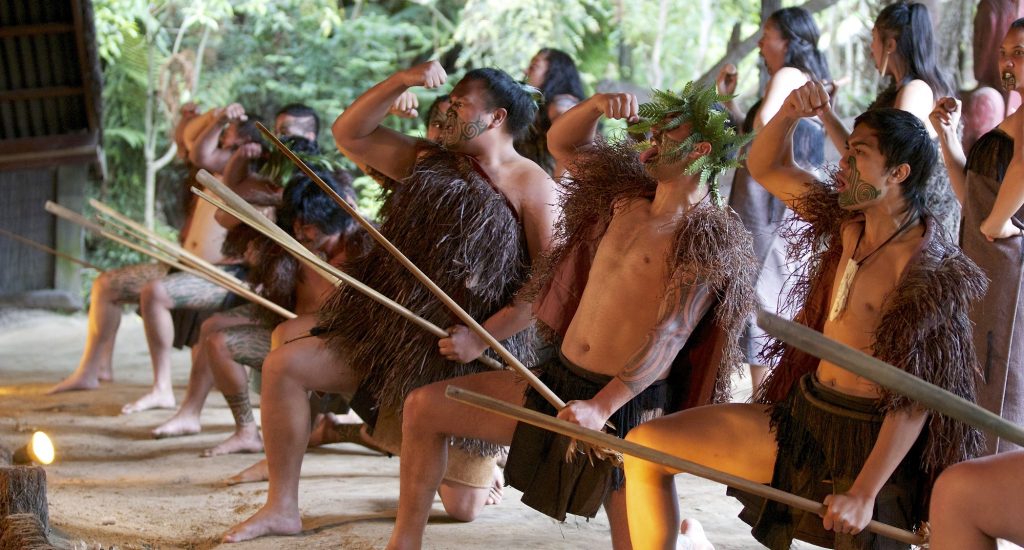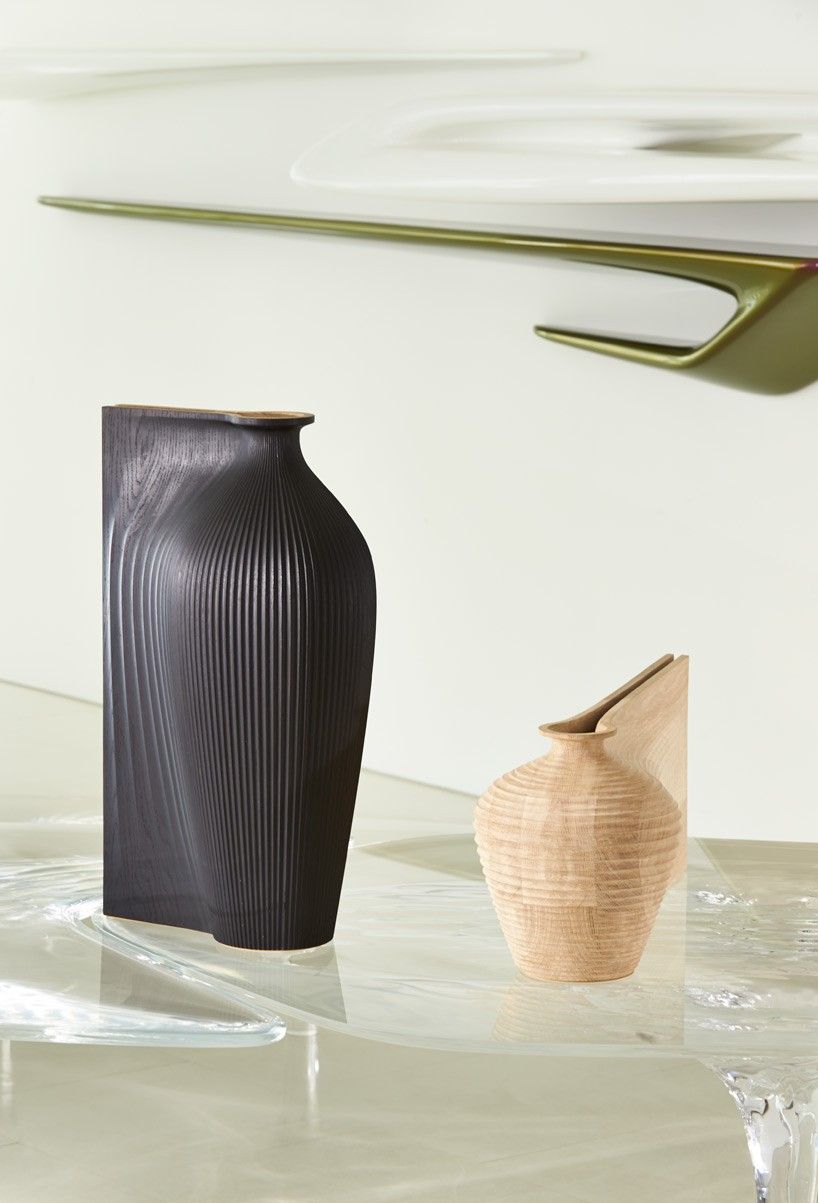Rotorua's Cultural Heritage: A Deep Dive Into Maori Traditions

Table of Contents
The Significance of Rotorua in Māori History
Rotorua's history is intrinsically linked to the Māori people, shaping their identity and traditions for centuries. Understanding this history is crucial to appreciating the depth and richness of Rotorua Māori culture today.
Pre-European Settlement and Traditional Life
Before European arrival, the Rotorua region thrived under the custodianship of various Māori iwi (tribes), most notably Ngāti Whakaue. Their lives were deeply intertwined with the land, utilizing the abundant resources offered by the geothermal areas and the surrounding forests and lakes. This connection to the land fostered a deep spiritual understanding and respect for the environment.
- Ngāti Whakaue iwi: This powerful iwi played a central role in shaping the region's history and cultural landscape.
- Pa sites: Fortified villages (pa) provided protection and served as centers for community life, showcasing sophisticated Māori architecture and engineering.
- Traditional weaving (raranga): Harakeke flax was intricately woven to create clothing, mats, and other essential items, reflecting sophisticated craftsmanship and artistic skill.
- Hunting using traditional weapons: Māori expertly hunted using techniques and tools adapted to the environment, providing sustenance and resources.
- The importance of the lakes and forests: These natural resources provided food, building materials, and a rich spiritual connection to the land.
The Impact of European Colonization
The arrival of Europeans in the 19th century dramatically altered the course of Māori life in Rotorua. The signing of the Treaty of Waitangi in 1840, while intended to establish a framework for cooperation, led to significant land confiscations and the suppression of Māori culture and traditions. This period presented immense challenges, leading to loss of land, disruption of social structures, and the erosion of traditional ways of life. However, despite these hardships, the resilience of the Māori people ensured the survival of their culture.
- Treaty of Waitangi: The Treaty, while intending to protect Māori rights, ultimately led to widespread land loss and cultural disruption.
- Land confiscations: Large tracts of land were taken from Māori, impacting their livelihoods and cultural practices.
- Resistance movements: Māori actively resisted the encroachment on their land and sovereignty, demonstrating their determination to preserve their heritage.
- Cultural revival initiatives: In recent decades, there has been a strong focus on revitalizing and preserving Māori language, arts, and traditions.
Experiencing Māori Culture in Rotorua Today
Today, Rotorua offers a wealth of opportunities to engage with and learn about living Māori culture. Numerous experiences allow visitors to witness traditional practices, appreciate artistic expressions, and connect with the spiritual heart of the region.
Authentic Cultural Performances
Immerse yourself in the vibrant world of Māori performing arts by attending a traditional cultural performance. These events showcase the captivating haka (a powerful war dance), poi (rhythmic ball dances), and moving waiata (songs), often accompanied by compelling storytelling.
- Te Puia: This renowned geothermal park offers captivating cultural performances, showcasing the skills and traditions of Ngāti Whakaue.
- Tamaki Māori Village: Experience a traditional Māori village setting, complete with authentic performances, storytelling, and a hangi (traditional earth oven) feast.
- Mitai Māori Village: Enjoy a captivating evening with Māori cultural performances and a traditional hangi dinner in a picturesque setting.
- Haka dance: Witness the powerful and awe-inspiring haka, a traditional war dance with deep cultural significance.
- Poi dance: Be mesmerized by the graceful and rhythmic movements of poi dancers, showcasing intricate patterns and skillful coordination.
- Storytelling: Listen to captivating ancient stories that transmit the history, values, and beliefs of the Māori people.
Exploring Māori Arts and Crafts
Rotorua is a treasure trove of traditional Māori arts and crafts. These art forms, passed down through generations, reflect the unique creativity and skill of Māori artisans.
- Wood carving (whakairo): Intricately carved figures, masks, and other artifacts reveal the deep spiritual and artistic expression of the Māori people.
- Weaving (raranga): Explore the artistry of weaving, where flax fibers are transformed into stunning and functional items, from clothing to baskets.
- Tattooing (tā moko): Learn about the significant role of tā moko, traditional Māori tattooing, which carries profound cultural meaning and reflects lineage and status.
- Bone carving: Discover the skill and artistry involved in creating intricate carvings from bone, a traditional Māori art form.
- Jade carving (pounamu): Appreciate the beauty and craftsmanship of pounamu (greenstone) carving, which holds immense spiritual and cultural significance.
Connecting with the Land: Geothermal Wonders and Traditional Sites
The geothermal landscape of Rotorua holds immense spiritual significance for Māori. The geothermal features, such as geysers and hot springs, are not merely geological wonders; they are integral to Māori history, traditions, and spiritual beliefs.
- Whakarewarewa Geothermal Area: Explore this fascinating geothermal area and learn about its traditional uses and spiritual significance.
- Healing waters: Discover the history of the use of geothermal waters for healing and wellbeing.
- Traditional cooking methods (hangi): Experience the unique process of cooking a hangi, a traditional Māori method of cooking food underground using heated stones.
- Spiritual significance of geothermal features: Understand the deep spiritual connections Māori have to these geothermal areas.
Respectful Tourism and Cultural Sensitivity
When experiencing Rotorua Māori culture, remember that it's vital to approach it with respect and sensitivity. This ensures that your visit is both enriching and meaningful.
- Appropriate attire: Dress modestly and respectfully when attending cultural performances or visiting sacred sites.
- Photography etiquette: Always seek permission before taking photographs of people or sacred objects.
- Seeking permission before taking photos: Respect the privacy and cultural sensitivities of Māori people.
- Avoiding disrespectful behavior: Refrain from any actions that could be considered disrespectful or insensitive.
- Learning basic Māori greetings: Learning simple greetings like "Kia ora" shows respect and appreciation for the culture.
Conclusion
Rotorua offers an unparalleled opportunity to immerse yourself in the rich tapestry of Rotorua Māori culture. From witnessing captivating performances to exploring ancient sites and appreciating traditional arts, a visit to this remarkable region provides an unforgettable experience. By engaging respectfully and learning about the enduring legacy of the Māori people, you can gain a deeper appreciation for this unique and vibrant culture. Plan your journey today and discover the magic of Rotorua Māori culture for yourself. Learn more about booking cultural tours and experiences related to Rotorua Māori culture to ensure a meaningful and respectful visit.

Featured Posts
-
 Dance Track Sensation Ill House U Neal Mc Clelland And Andrea Love Collaborate
May 11, 2025
Dance Track Sensation Ill House U Neal Mc Clelland And Andrea Love Collaborate
May 11, 2025 -
 Tam Krwz Ke Jwte Pr Pawn Mdah Ka Eml Awr Adakar Ka Jwab
May 11, 2025
Tam Krwz Ke Jwte Pr Pawn Mdah Ka Eml Awr Adakar Ka Jwab
May 11, 2025 -
 Ufc 315 Fight Night Early Predictions And Sleeper Picks
May 11, 2025
Ufc 315 Fight Night Early Predictions And Sleeper Picks
May 11, 2025 -
 De Impact Van Thomas Muellers Vertrek Op Bayern Muenchen
May 11, 2025
De Impact Van Thomas Muellers Vertrek Op Bayern Muenchen
May 11, 2025 -
 Wiggins Reveals Post Retirement Battle Addiction Financial Ruin And Road To Recovery
May 11, 2025
Wiggins Reveals Post Retirement Battle Addiction Financial Ruin And Road To Recovery
May 11, 2025
